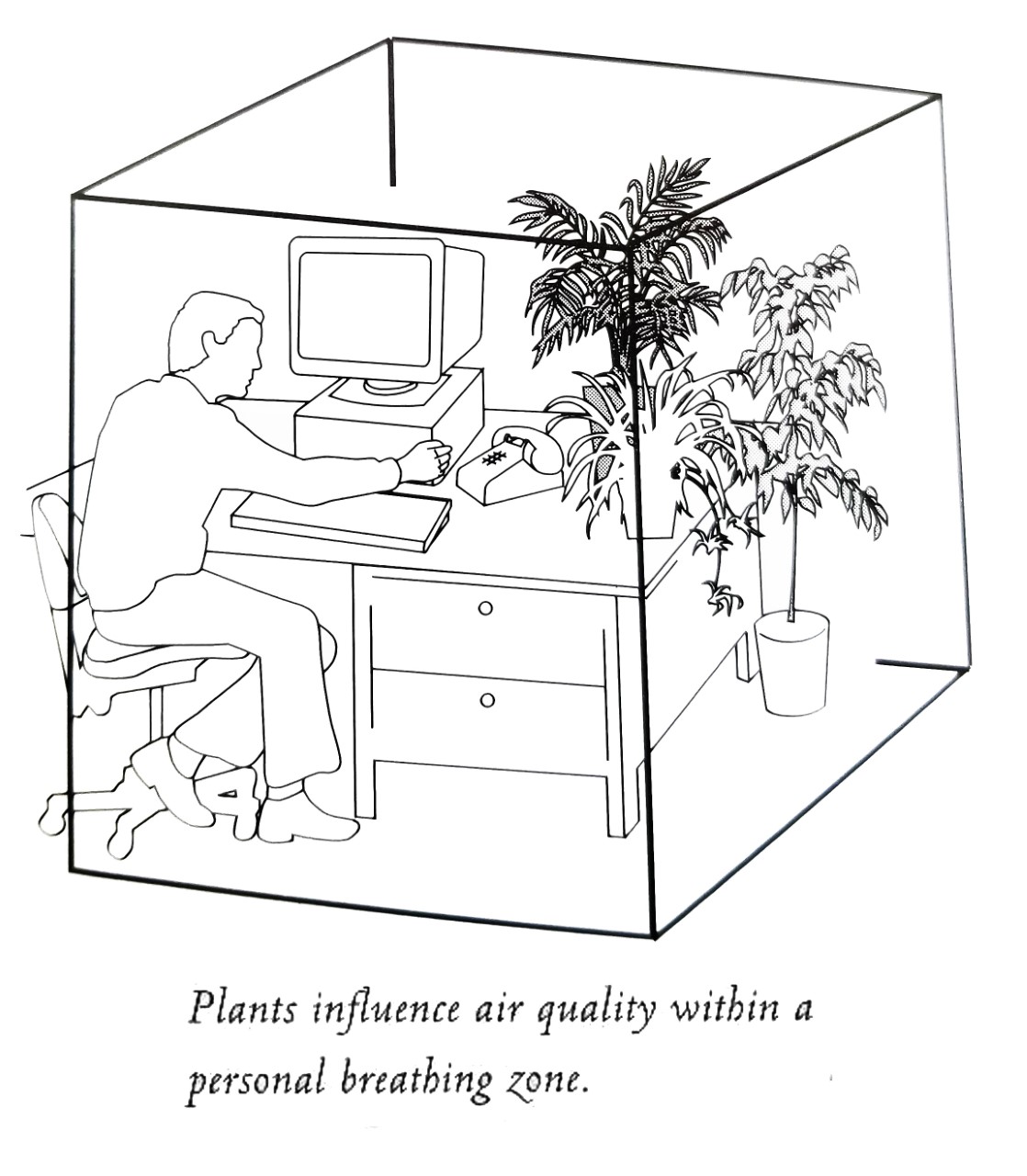As it turns out, dry air, especially dry indoor air, is a favorite of cold and flu viruses. Scientists have long known that surrounding yourself with Healthy, Indoor Plants helps to raise the humidity level in our indoor environments to a better air quality level. According to a recent study by the University of Illinois, “besides being great air purifiers, house plants increase humidity in the home. Levels above 40% are inhabitable for flu virus.”
Researchers from the Agriculture University of Norway, found Indoor Plants decrease incidences of colds, respiratory illness, coughs and influenza. The higher humidity and wholesome atmosphere produced by plants are contributing factors. Viruses reportedly do not survive as well with increased indoor humidity and they do not transmit as readily. They have found their survival declines significantly on surfaces as the humidity rate increases. While the evidence is still not complete at this time on all airborne coronavirus and humidity, researchers see no evidence as to why they would not follow the same path.
Scientists say there is hope, fueled by some recent research, but it’s hard to say with a new virus. It also depends on whether such conditions truly hamper this specific virus. “Plants expire water vapor called transpiration that actually helps pull water from the roots to travel up the plant, lost as water vapor into the air through pores in its leaves increasing humidity in an indoor space” Pat Heroman, Horticulturist and Owner of Heroman Services Plant Company stated.
Research such as that conducted by Dr. B.C. Wolverton, Plants for Clean Air Council, NASA and John D. Noti, National Institute of Occupational Safety and Health, have shown indoor air at 40-60% relative humidity (RH), reduces influenza viruses lingering in the air and surfaces such as sink faucets, door handles, and counter-tops. Though this percentage of humidity is not the perfect environment for these types of viruses, it is all-around an optimal setting for human beings.
New research published this month by Chinese researchers at Beihang University and Tsinghua University, among others, suggest that, “high temperature and high relative humidity significantly reduce the transmission of COVID-19, respectively.” The researchers point out that as “humidity increases, so does the size of viral droplets,
which fall from the air faster, providing less opportunity for others to breathe in the infectious droplets.”
Higher humidity significantly reduces the ability of influenza traveling through the air from establishing an infection. Viruses take to the air through a sneeze, cough and even a simple exhale of the breath. At the correct RH, moisture in the air rapidly slows down the transmission and actually inactivates viruses; whereas a low humidity environment keeps the virus active and hanging around much longer. We need the right amount of humidity for overall health.
It is safe to say, balanced humidity along with fresh air indoors is an important feature to help us feel good and stay healthy. There are many types of humidifiers out on the market, but the most natural way to bring moisture and fresh air to your indoor surroundings is simply through plants.
“For Plants to Effectively influence the humidity and air quality in your business or residence you will need two things” Heroman continued. “First, for plants to help you be healthy they must be kept healthy. You will have the most success when you match the Right Plant to the Right Growing Conditions. Secondly, you should know the math.

For Personal Breathing Zones, an area of 6 to 8 cubic feet surrounding an individual, usually where they remain for several hours such as at their work desk or computer, watching television or sleeping, you will need 3-4 live plants with 10” diameter soil surface or larger near you to add humidity, remove toxins and suppress airborne microbes.
For Larger Offices, Hotels, Retail Spaces, Residences, etc. the recommendation to be effective is at least one Interior plant, with a 10” diameter or larger of soil surface for every 100 square feet of floor space. Not everyone has the time or the green thumb to do this properly. If you need help there are professional companies, like Heroman Services Plant Company who can advise you on how to keep your Interior Plants Healthy and on how many, and what type, plants work best for your particular environment.”

Recent Comments